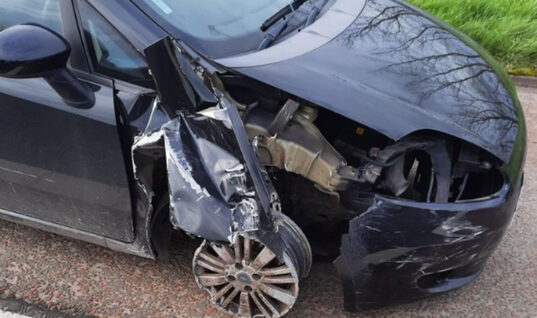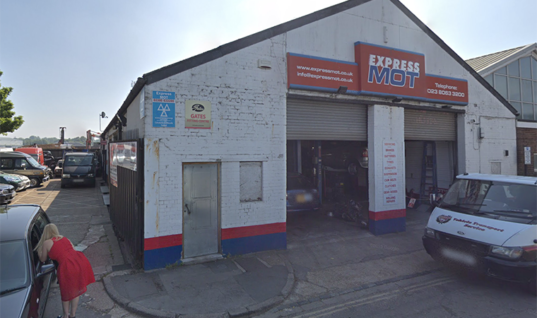The UK is in “urgent need” of a transport cybersecurity programme if it hopes to safely introduce connected and autonomous vehicles (CAVs) to the roads, leaders of a pioneering project have said.
Potential threats include cyber attacks against cars’ perception sensors, which could trick vehicles into ‘seeing’ something that is not there – or not seeing something that is.
Hackers might also try to manipulate vehicles through data connections and ‘shared information protocols’, such as vehicle-to-vehicle, or vehicle-to-everything.
Related: Next-generation Volvos to get fully autonomous tech
The ResiCAV project investigated how CAVs and their associated infrastructure can develop “real-time responsiveness” to cybersecurity threats.
Over three months, a consortium led by Zenzic and Innovate UK explored the feasibility of creating a UK cybersecurity ‘Centre of Excellence’ to detect, understand and respond to emerging cybersecurity threats in real-time across the transport network.
The project, involving testing and engineering specialists Horiba Mira, BT and the WMG at the University of Warwick, set out to define the physical and virtual capabilities required, and researched the feasibility of new methods for CAVs and infrastructure to detect, understand and respond to cyber-attacks.
Anthony Martin, head of vehicle resilience technologies at Horiba Mira said: “As the UK moves from CAV demonstrations to mass deployment, the need to protect these vehicles and associated infrastructure from potentially catastrophic cybersecurity failures cannot be overstated.
“Ultimately, ResiCAV’s findings have highlighted the absolute and urgent need for a collaborative, industry-led, government-backed cybersecurity programme.”
The project also involved Thales, the Centre for Modelling & Simulation, Oxfordshire County Council, Aesin Techworks, the University of South Wales, the University of Bristol, Coventry University and the National Digital Exploitation Centre.
It was supported by funding from The Centre for Connected and Autonomous Vehicles.
Share your comments below.







